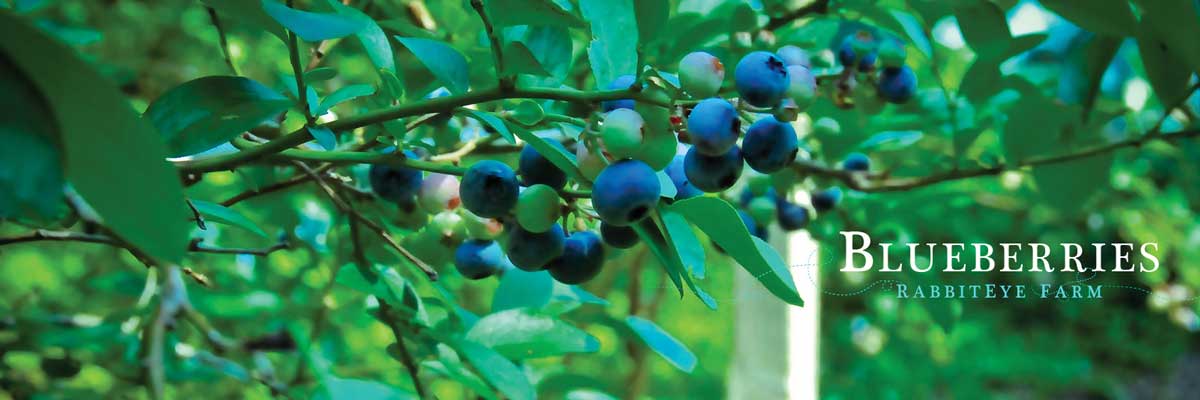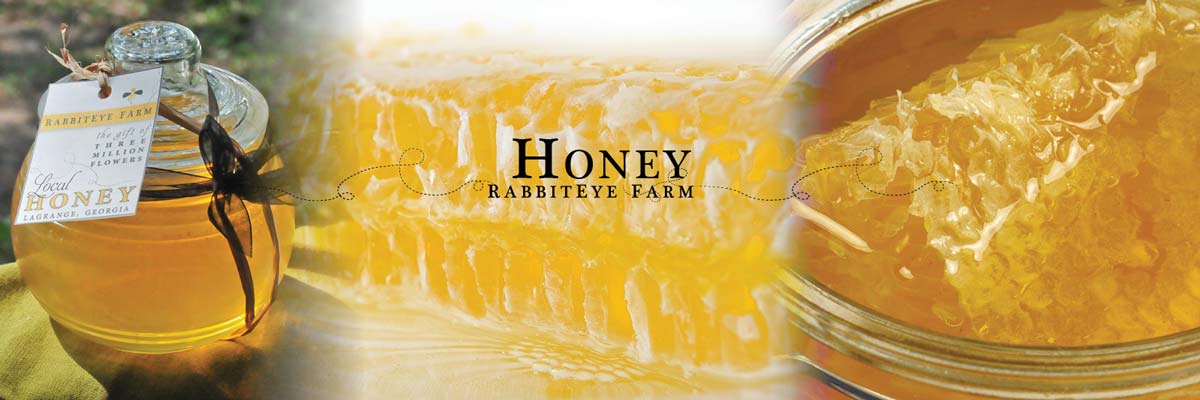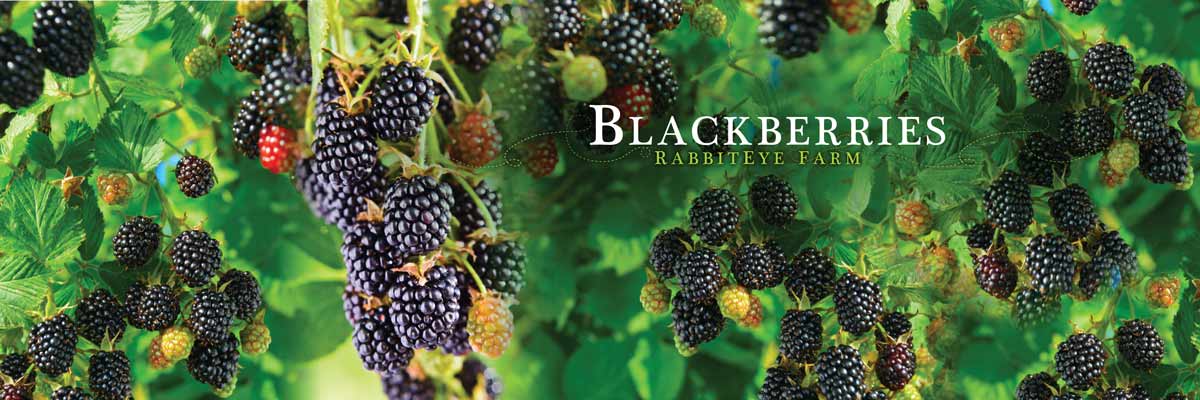Keeping the momentum
We have put a lot into our permaculture quest this year. With the help of David Spicer, (docspicepermaculture.com) earthworks specialist, we have taken larger, more tangible steps this past week. Heavy equipment and many helping hands have made a visible difference, but the work is not finished.
A few of the “next steps” in our 2019 permaculture endeavors include moving a 2,000 gallon tank to a higher elevation. Dean Gentry of 5D-Designs (5d-designs.com) donated this tank. Dean is a fellow permaculture enthusiast and long time supporter of Grayhill School Farm, the teaching non-profit that we host. Thank you, Dean! This tank is a key element in our plan and with the help of a Glockemann pump it will be efficient to fill as well as to use.

Sitting on the highest point of our property, this tank will provide irrigation via gravity for our blueberries, blackberries, muscadines, and rice paddy. That’s right… rice paddy, built by David Spicer (photo below). One of the experiments of Grayhill School Farm, is a series of rice paddies to determine overall feasibility and varietal studies in our area. We are beginning with normal rice (Oryza Sativa) and will progress to black rice, water chestnuts and perhaps even crawdads in the same area. Rice is grown commercially in the mid-west and western United States, so hopefully we can grow it in West Georgia.


Planting the Terraces
The sculpting of the terraces that has taken place this past week must now be seeded and maintained. This time of year is definitely not optimum for sprouting regular grass seed, so we have to use a Millet. With seed ordered and hay already delivered, we have a lot more work to do to protect the terraces and the investment we’ve made in them. There is still no rain in sight, which means they are really dusty and dry right now. Once we get the seed and the hay down, hopefully Mother Nature will send us a few days of solid gentle rain. After this initial rain, we can also start planting our young walnut and fruit trees.

Berry Season
Multi tasking is in order since blueberry season is now upon us. Thursday May 30th is opening day for picking blueberries at RabbitEye Farm. Many of you have inquired about opening day, and this hot weather means they are ripening up fast.
If you would like some fresh blueberries, you don’t need to bring anything special with you to pick, but you may want to bring a hat (a helper is also nice). We supply buckets that have a liner. You simply lift out the liner to carry your berries home. This is the gentlest way we’ve found to transport your berries. Hope to see you on Thursday. Morning pick is 7AM – 11AM and evening pick is 5PM – 9PM. Rain or Shine. Click here to read more.
It’s officially summertime!














